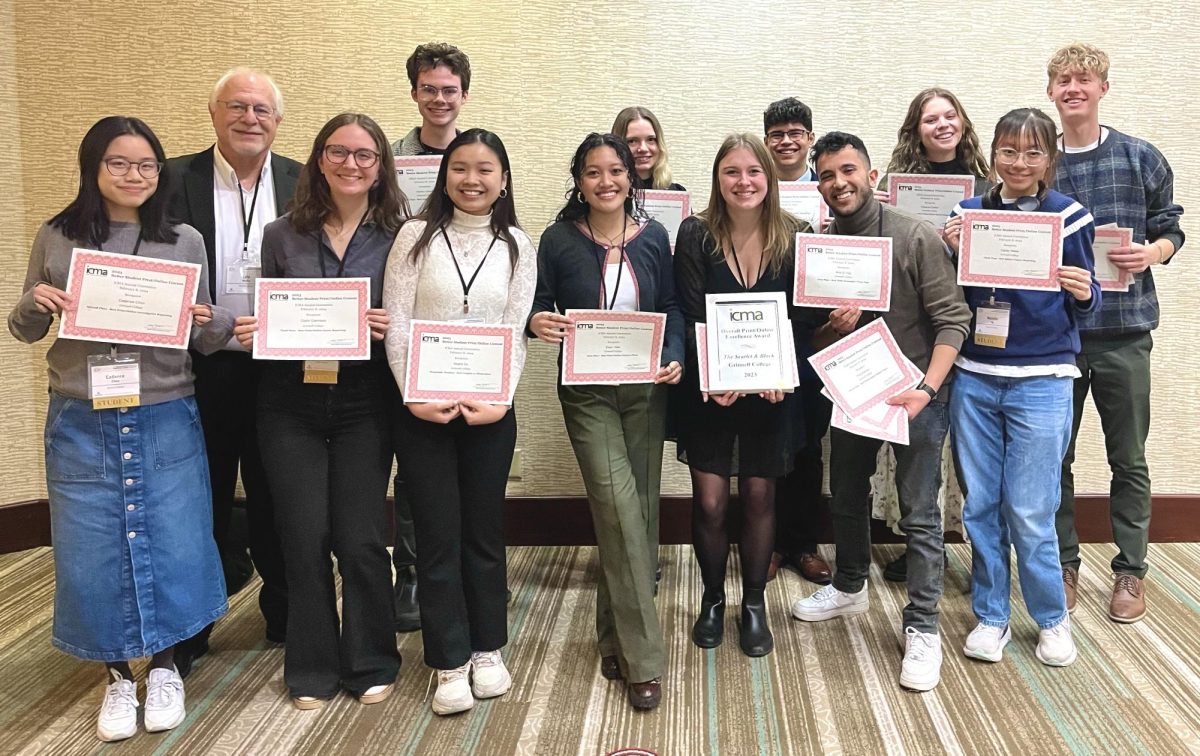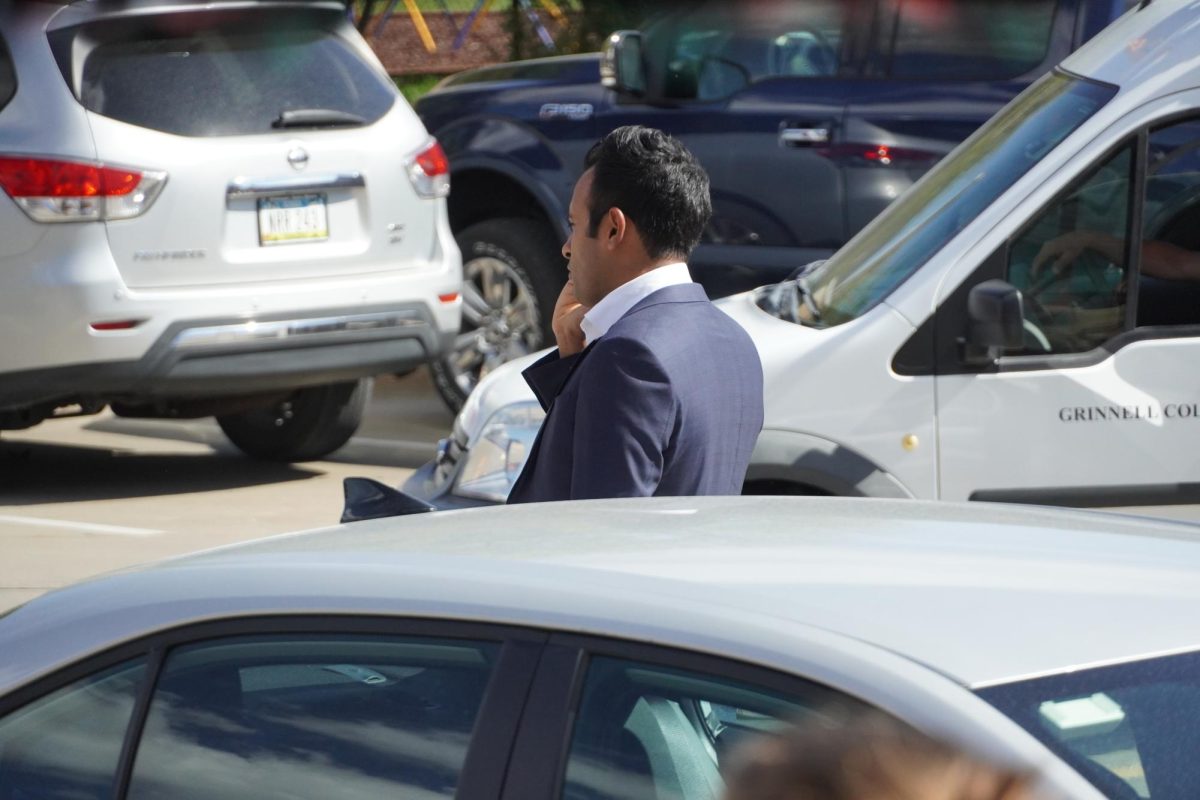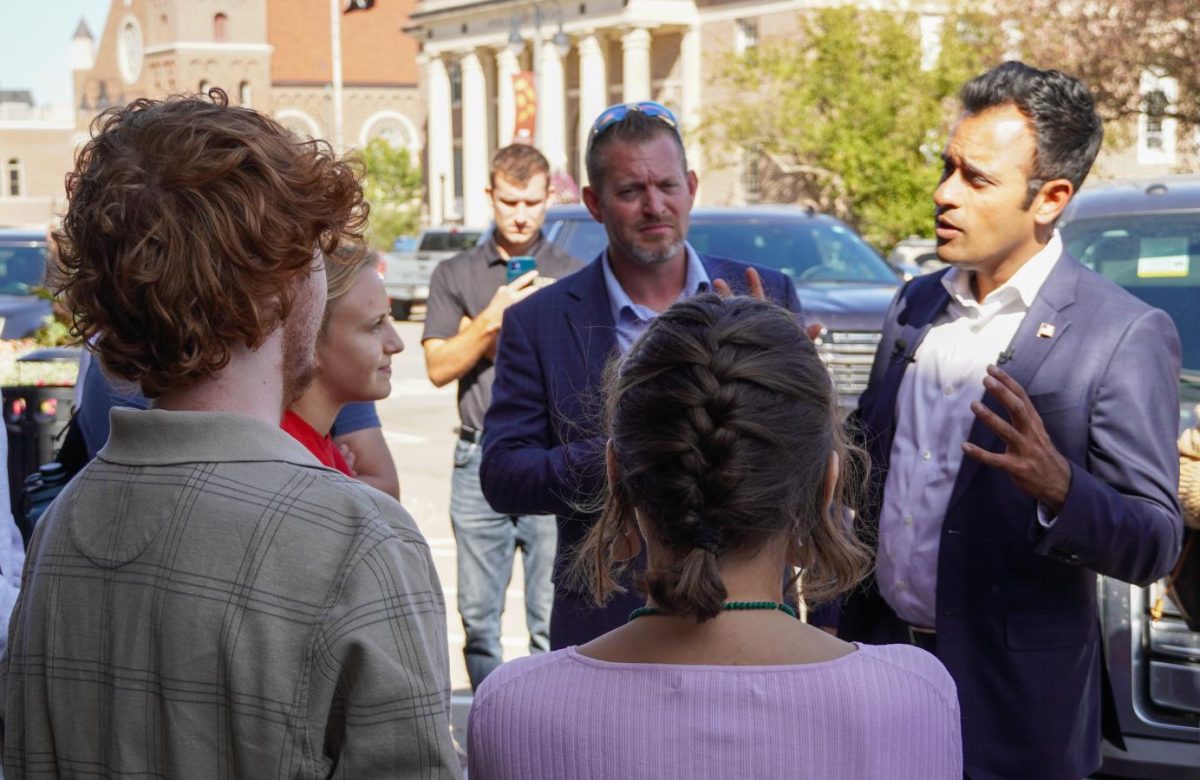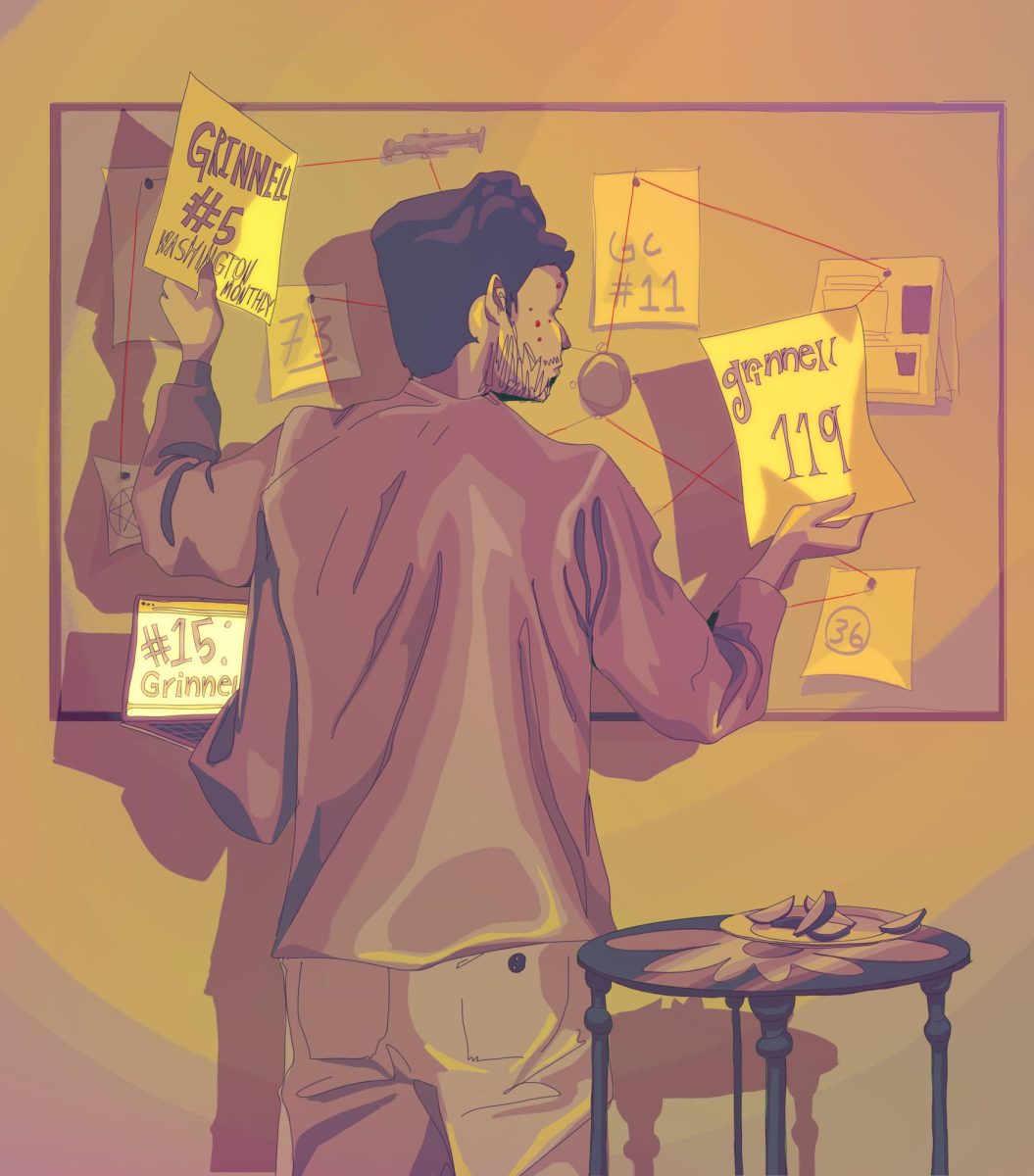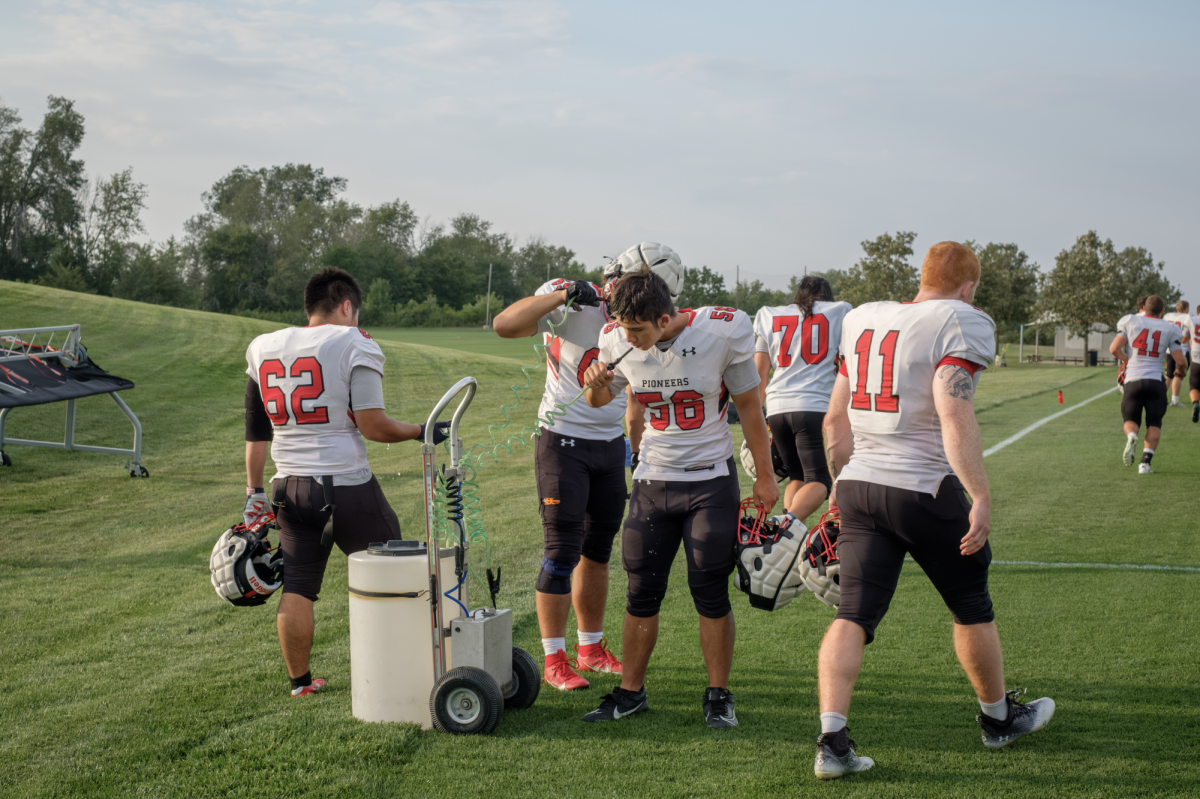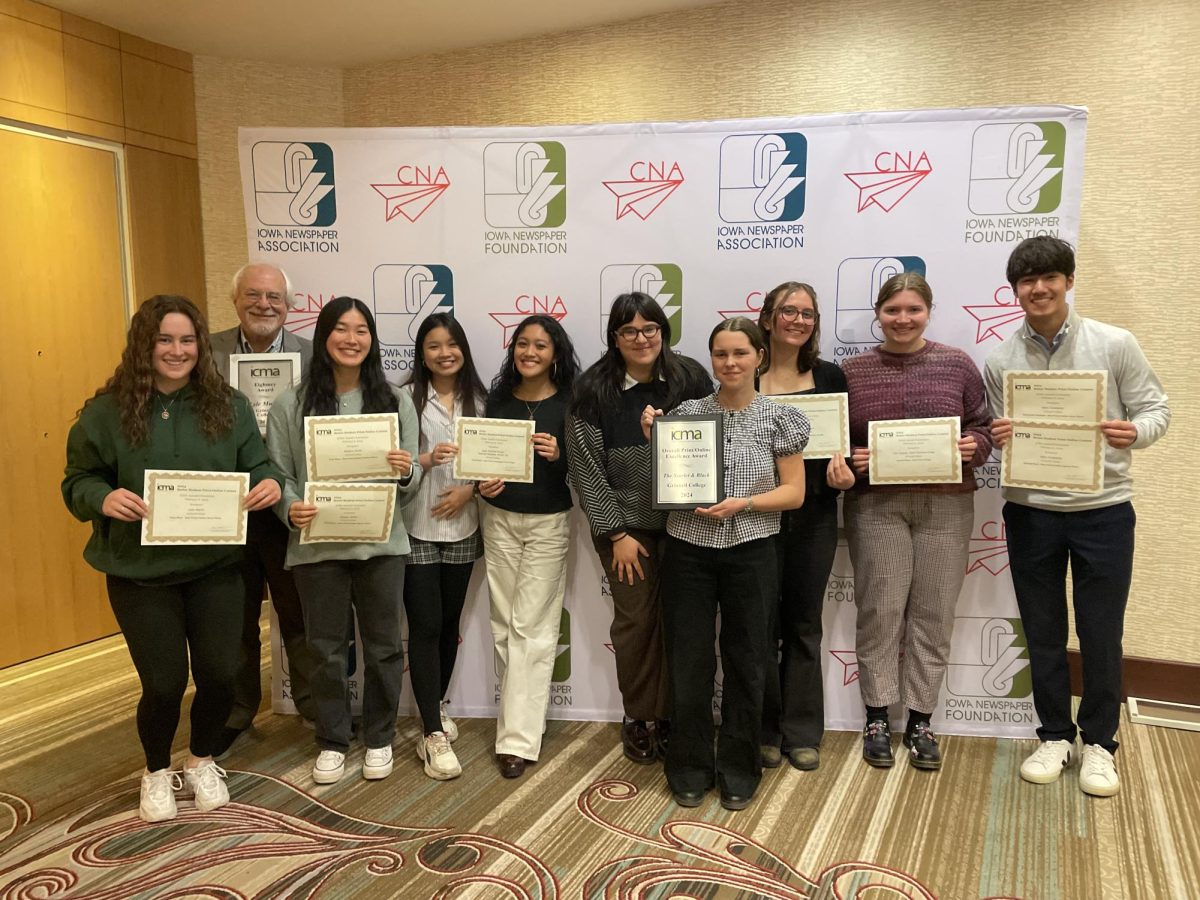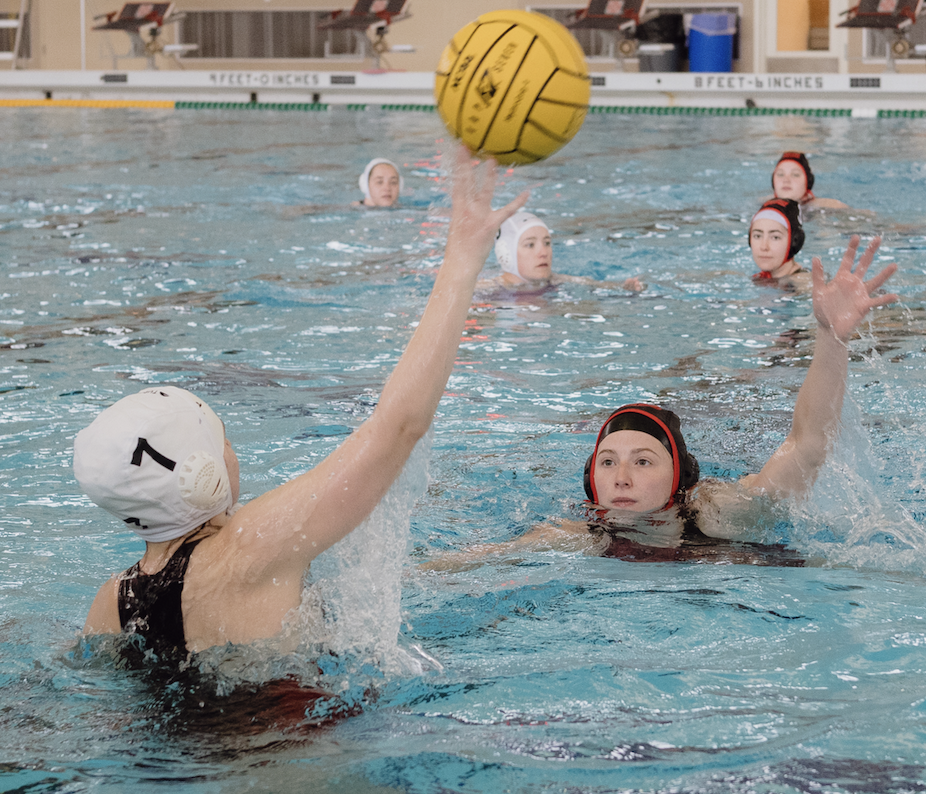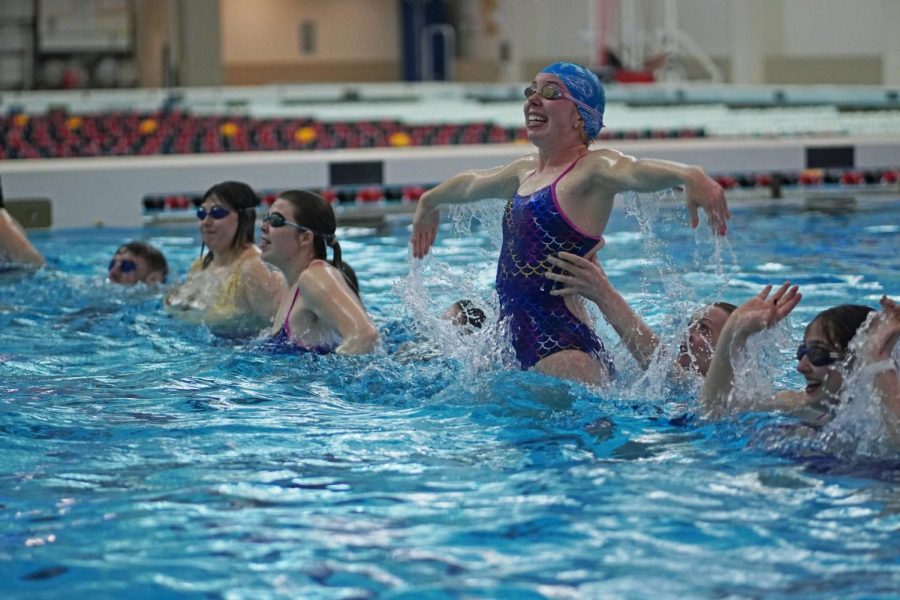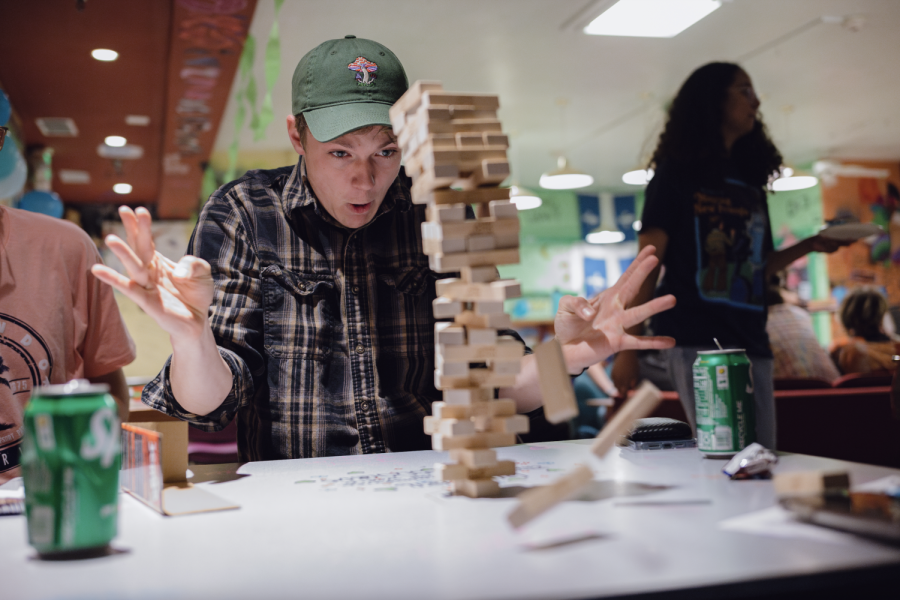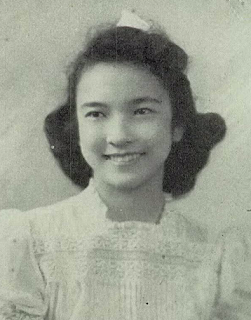2023 Iowa College Media Association award winner, Honorable Mention – Best Print/Online Graphic or Illustration
The faculty of Grinnell College have moved to prioritize restorative justice practices, starting with training sessions and workshops to improve issues of diversity and inclusion in the classroom environment.
Following multiple incidents of bigotry in Grinnell classrooms, college faculty proposed the Learning Spaces Policy (LSP) in the 2019-20 academic school year. The LSP would allow faculty, staff and students to report incidents that they perceived as harmful to the learning environment of the College. Now rebranded as the Learning Environments Policy (LEP), the policy was tabled indefinitely at the end of 2022 and college faculty is now focusing on understanding what a safe, inclusive classroom environment should look like, and how to go about creating that as educators.
According to the 2022-23 Chair of Faculty Annual Report by Professor Clark Lindgren, the LEP would deemphasize adjudication and escalation to the administrative level to instead promote “honest dialogue” and the faculty-student relationship. However, following extensive reviews, including consultations with an external leader of restorative justice, it was concluded the College was not prepared to implement the LEP due to lack of staff and inexperience with restorative justice practices.
“It was disappointing, but it made sense,” said Lindgren, referencing the decision. He expressed that, in comparison to other colleges who already have official restorative justice policies, there still needs to be greater awareness and execution of such practices within Grinnell before it can become a “tool” in ensuring safe and welcoming learning environments.
To this end, he said the College is calling upon “a fair amount of investment and resources.” For example, with the Division of Student Affairs, there have been increased use of mediation strategies like the organization of informal discussion-based “circles” in resolving faculty-student conflicts. However, he also acknowledged that so far only a small number of staff and students have been trained for any higher levels of conflict management, and it was something “important” for the College to work on.
“Professional trainers have visited campus on a number of occasions over the past few years,” said Caleb Elfenbein, professor of history and religious studies and associate dean for faculty development and diversity, equity and inclusion. However, he added that such training sessions were mostly an “opt-in process.” A member of the faculty’s 2022-23 Executive Council, he also pointed out that the College was ramping up development opportunities for faculty in recognizing and acting against bigotry in higher education. He cited a range of talks by guest academics and writers involving topics such as abolitionist pedagogy, student surveillance and internalized biases.
“We are trying to create these opportunities for growth and development as educators,” Elfenbein said. “How do we really intentionally address some of the root issues, even if we came to an impasse on the [Learning Spaces] policy?”
Additionally, both professors pointed to the College’s Ombuds Office as a valuable resource in their efforts to promote restorative justice. According to the College website, the Ombuds are available to the general college community to “generate options” and “coach individuals on how to deal with difficult and sensitive situations.” Chinyere Ukabiala is listed as the first and only Ombudsperson currently working for the College.
Lindgren explained that Ukabiala could not enforce any formal response. However, because of that, she could act as a completely neutral, confidential resource for those facing “interpersonal difficulties,” dispensing advice and directions to other relevant parties.
“Our proposal involved having somebody who did that other than the Ombudsperson, because she was too busy to take this extra role,” said Lindgren. “But right now, she’s still available and I really recommend people take advantage of her.”
Elfenbein also stressed that there are existing avenues for students to report any harmful incidents that have occurred – not just in the classroom, but on campus and within the local community too. On the College website, there is an electronic form managed by the Bias Incident Reporting Team (BIRT), where students can report bias incidents or hate crimes and indicate what sort of support or follow-up they might require from the College or even the police.
“It starts with care and concern for the person who’s reporting or the person who experienced it,” he said of the BIRT response process. “And then from there, we really think about what actions need to unfold … to try and prevent a similar situation in the future.”
There are faculty who do not think current adopted strategies to address such issues are sufficient. For instance, Professor Vida Praitis, biology, wrote in a report to Lindgren that “too many students encountered identity-based slurs and microaggressions in the classroom.” While she appreciated that faculty did not want an underdeveloped policy, “having a policy in place, even if it needs subsequent revision, is better than having nothing.”
“Our existing policies and structures have not been working,” she wrote.
However, Elfenbein and Lindgren ultimately think that the priority should still be encouraging faculty members to reflect and work on becoming more responsive educators.
“The more sustainable, ultimately beneficial way to solve problems is not to fix the individual problems that come up, but really … try to change everybody’s way of working,” said Lindgren.
“There was a concern that the policy … would automatically become punitive,” said Elfenbein. “But that’s not to say that the concerns animating that discussion are on hold… We’re trying to move forward in a way that will address the original concerns that came to us as educators, as members of this community.”
“It’s going to take a fair amount of investment and resources,” said Lindgren. “It’s a slow process, but it’s slowly building momentum.”
Despite the long road ahead, Lindgren is optimistic. “I believe in this institution,” he said. “We are in such a unique place to make a difference in the world. And so, it’s worth it … That’s the kind of systemic change I really hoped would happen.”


















































